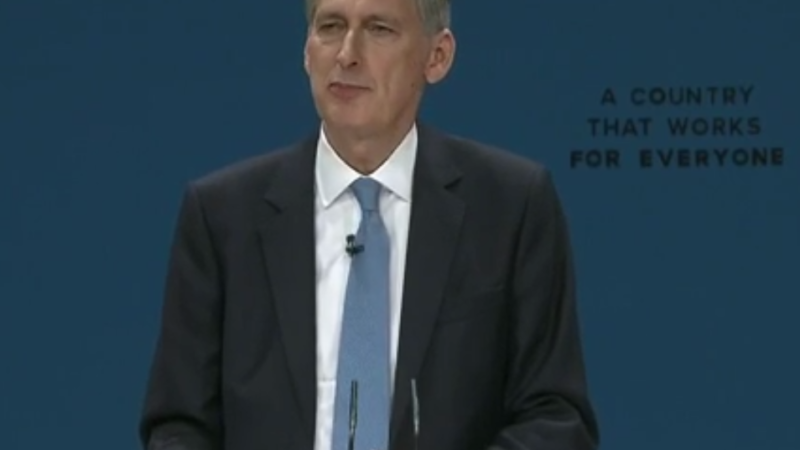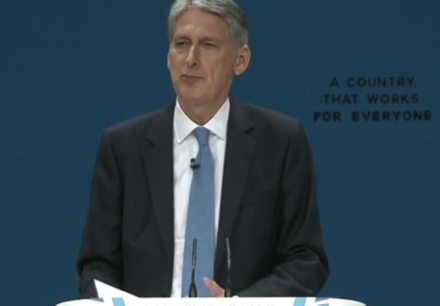

Local councils are being bled dry by the government’s manic devotion to austerity. On average councils receive 40 per cent less central funding than they did in 2010.
The cuts have not been applied consistently. The poorest areas (predominantly Labour) have had their funding cut by up to 60 per cent while some richer areas (predominantly Conservative) have barely seen any cuts.
Changes to the way local business rates are distributed have made the cuts faced by the poorest areas even worse.
Since 2010 over 25 per cent of the local government workforce – some 250,000 people – have seen their jobs disappear.
On top of the funding cuts, other government policies are having a devastating effect on local government coffers.
In his post-election budget of 2015 the then chancellor George Osborne announced that social housing rents would decrease by one per cent every year until 2019. This on the face of it does not appear too controversial but when you take into account inflation, it means that social housing accounts will have up to 15 per cent less to spend in real terms then they did in 2015, placing further pressure on them to sell vital housing stock to stay afloat.
With funding reductions of this size, belt tightening and efficiency savings are simply not sufficient. Services are being cut beyond the bone and there are fears that some councils could go bust.
The cuts are so bad that a local government leader warned: “Even if councils stop filling in potholes, maintaining parks, closed all children’s centres, libraries, museums, leisure centres and turned off every street light, they will not have saved enough money to plug the financial black hole they face by 2020”. A remarkable assessment and even more so as it was made by Lord Porter, the Conservative chair of the Local Government Association.
The ultimate solution is to rid ourselves of this god-forsaken Conservative government and replace it with a Labour government. Labour’s current national policy forum report demonstrates the clear red water which exists on local government when it states: “Labour is committed to ensuring local government funding is sustainable for the long term.”
In the meantime there is no point in burying our heads in the sand – we need to tackle the challenges we face. Given the jobs cuts, restructures and regrading exercises that are occurring as Labour councils try to preserve some form of public service, there will inevitably be tensions with, another branch of the labour movement, trade unions.
What is becoming increasingly evident is that unless councils enter into meaningful discussions at an early stage with unions, then we are going to see an increasing number of local industrial disputes.
Unite officials have found that when they were able to start negotiating and liaising directly with elected politicians, progress can be made and the chance of a settlement increased.
What is annoying is that a framework agreement already exists to try to resolve these issues. The framework document was signed between Labour’s LGA leadership and local authority unions last year.
The framework which covers areas including: promoting good industrial relations, employment practices and promoting in-house services, is an excellent starting point to resolve problems before they develop.
If early negotiations do not occur then it is likely we are going to see further industrial conflicts similar to the Birmingham bins dispute, which has reached the astonishing stage of Unite taking the council to the high court and winning an injunction preventing the council from making our members redundant.
Legal action that Unite was forced to take after the council reneged on an agreement made at the conciliation service Acas.
That is why the framework document is so important. Unions are duty bound to defend our members and our public services.
The challenge is in ensuring that directly elected mayors, Labour council leaders and their cabinets are actually aware of the framework agreement and abide by it.
The other issue which has become very clear in recent weeks is that Labour needs to urgently address the issue of outsourcing. If an industrial dispute develops on an outsourced local authority contract, they are often far more difficult to resolve, compared to a dispute concerning an in-house council service.
The primary motive of an outsourced contractor is always going to be profit, while councils are primarily concerned with providing a service to their residents.
If for example your refuse service is outsourced, and a strike occurs, it is the council which suffers the reputational damage. Local residents don’t differentiate between a council and a private contractor. They pay their council tax and expect the council to ensure their bins are emptied.
With an ever-shrinking pie available to provide local services, Labour authorities need to be doing more to ensure that the privateers are no longer given a slice of it.
What is imperative is that as vital services continue to be run down and closed, all sections of the labour movement, clearly and unambiguously ensure that we have a united approach and target our anger on the guilty: the successive Tory governments that are hell-bent on destroying local government and don’t care about the misery their policies are creating.
Labour councils must avoid falling into the traps being set by Number 10 when it comes to cutting services. At the ballot box next year, and at all future elections, we need to ensure voters punish the real villains, the Tory government, who are responsible for these wicked cuts.
Jim Kennedy is Unite’s acting national officer for local authorities.




More from LabourList
‘Council Tax shouldn’t punish those who have the least or those we owe the most’
Two-thirds of Labour members say government has made too many policy U-turns, poll reveals
‘Two states, one future: five steps on the path to peace for Israelis and Palestinians’